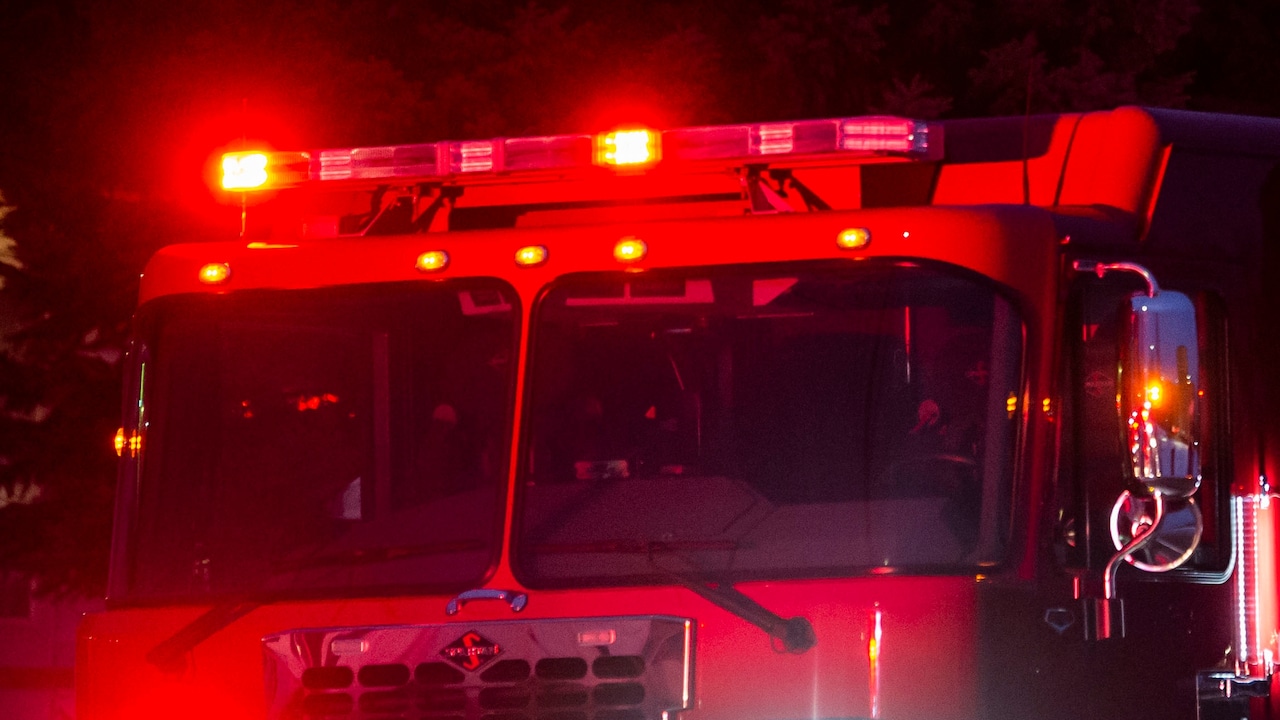
Diary cows in multiple states have the bird flu, which is impacting milk. But is it safe to drink?
According to the U.S. Food and Drug Administration (FDA), the bird flu is causing cows in eight states to have decreased lactation, low appetite and other symptoms.
The FDA is continuing to investigate the outbreak, but as of April 24, the organization is confident commercial milk is still safe.
“… our commercial milk supply is safe because of these two reasons: 1) the pasteurization process and 2) the diversion or destruction of milk from sick cows,” a statement read.
The pasteurization process, which has been in place for more than 100 years, “kills harmful bacteria and viruses by heating milk to a specific temperature for a set period of time to make milk safer,” the FDA said.
“Even if virus is detected in raw milk, pasteurization is generally expected to eliminate pathogens to a level that does not pose a risk to consumer health,” it said.
Only one person has tested positive for bird flu after they were exposed to infected dairy cattle in Texas, according to the FDA. The person had red eyes as their only symptom and is recovering.
“This infection does not change the H5N1 bird flu human health risk assessment for the U.S. general public, which CDC considers to be low,” the FDA said.
However, the FDA continues to warn against raw milk.
Even though Massachusetts cows have not been impacted by the current bird flu, the FDA has a long-standing warning against consuming milk that has not been pasteurized.
From 1998-2018, there have been more than 2,600 illnesses and 228 hospitalizations due to raw milk, according to the CDC. The outbreaks were likely caused by the presence of bacteria in the raw milk, including Campylobacter, Cryptosporidium, E. coli, Salmonella and Listeria monocytogenes.






